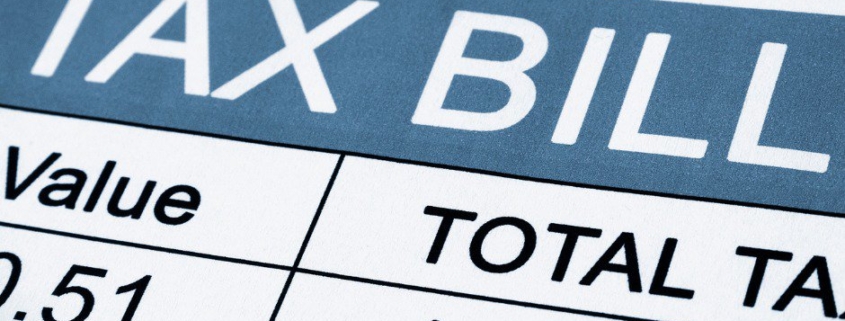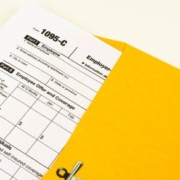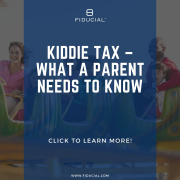Do You Owe Taxes and Can’t Pay by the Due Date?
- Find out what to do if you can’t pay your taxes.
- Learn the pros and cons of getting loans to help.
- Find out if credit card payments will work for you.
- Learn about the IRS’s installment agreement.
- Should you use retirement funds to pay your taxes?
The vast majority of Americans get a tax refund from the IRS each spring. But, what if you are one of those who ends up owing on your taxes?
The IRS encourages you to pay the full amount of your tax liability on time by imposing significant penalties and interest on late payments if you don’t. So if you are unable to pay the you owe, it is generally in your best interest to make other arrangements to obtain the funds for paying your taxes rather than be subjected to the government’s penalties and interest. Fiducial has a few options to consider.
Although all of these options have negative connotations, all are better than the penalties and interest of the IRS. And don’t forget the time and headache of dealing with IRS communications and the possibility of wage, bank account, and asset levies.

Family Loan
Obtaining a loan from a relative or friend may be the best bet to help you pay your taxes. Why? Because this type of loan is generally the least costly in terms of interest.
Credit Card
Another option is to pay by credit card with one of the service providers that works with the IRS. However, the IRS will not pay the credit card discount fee. So, you will have to pay it and pay the higher credit card interest rates.
Installment Agreement
If you owe the IRS $50,000 or less in taxes, you may qualify for a streamlined installment agreement. In this case, you can make monthly payments for up to six years. You will still be subject to the late payment penalty, but it will be reduced by half. Interest will also be charged at the current rate, and there is a user fee to set up the payment plan. In making the agreement, you will have to agree to keep all future years’ tax obligations current.
If you don’t make your payments on time or have an outstanding past due amount in a future year, you will be in default of the agreement and the IRS has the option of taking enforcement actions to collect the entire amount owed. If you will be seeking an installment agreement exceeding $50,000, you will need to validate your financial condition and the need for an installment agreement. You may do this by providing the IRS with a Collection Information Statement (financial statements). You may also pay down the balance due to $50,000 or less to take advantage of the streamlined option.
Tap a Retirement Account
This is possibly the worst option for obtaining funds to pay your taxes because you are jeopardizing your retirement. Also, the distributions are generally taxable at your highest bracket, which adds more taxes to your existing problem. In addition, if you are under age 59½, the withdrawal is also subject to a 10% early withdrawal penalty that compounds the problem even further.
Want to discuss your options? Call Fiducial at 1-866-FIDUCIAL or make an appointment at one of our office locations to discuss your situation.
Ready to book an appointment now? Click here. Know someone who might need our services? We love referrals!
For more small business COVID-19 resources, visit Fiducial’s Coronavirus Update Center to find information on SBA loans, tax updates, the Paycheck Protection Program, paid sick and family leave, and more.









